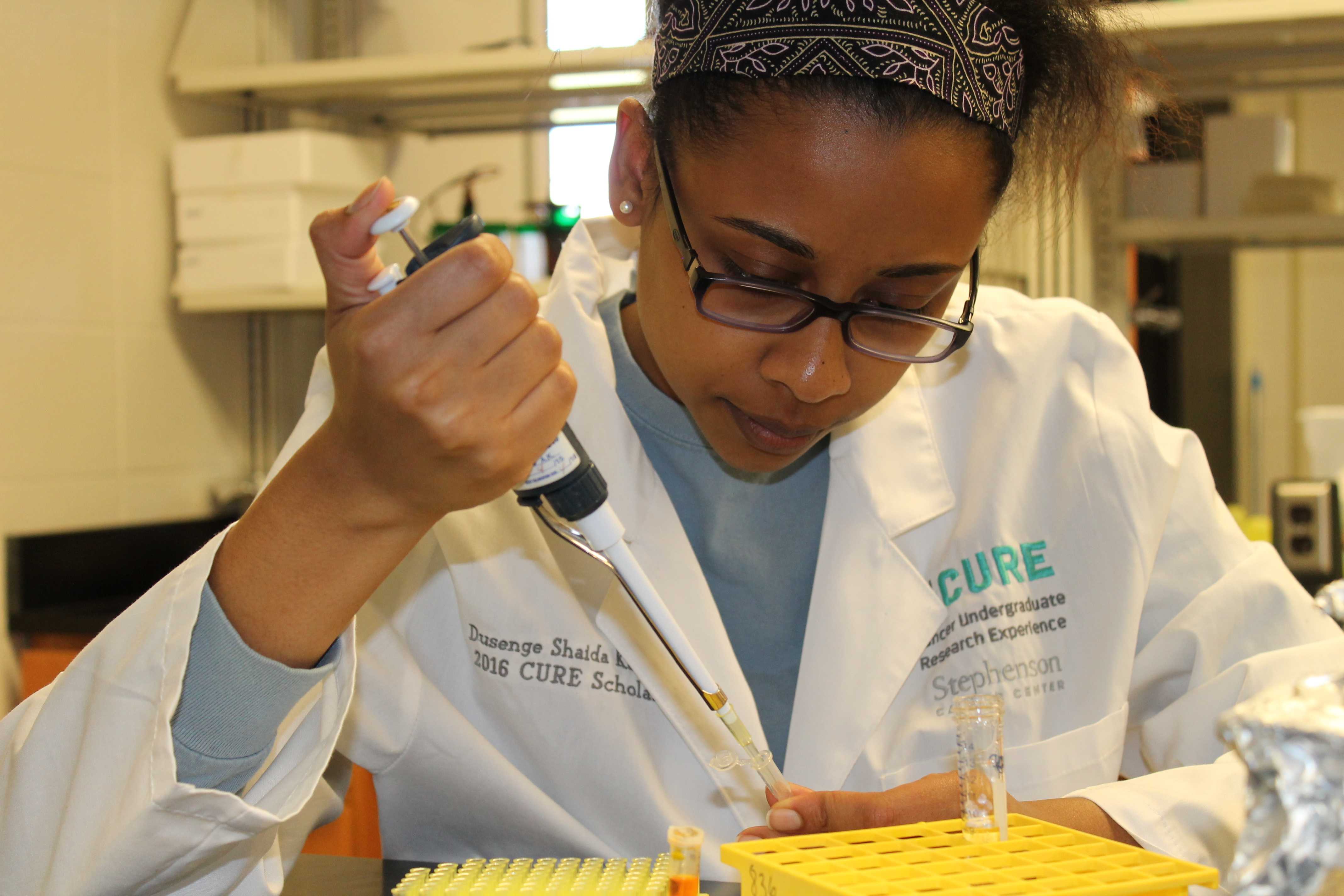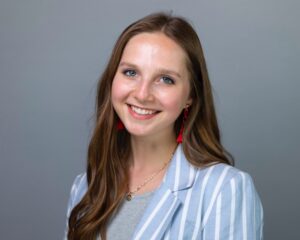By Grace Nduwimana
Shaida Kamal has learned to navigate obstacles on her road to pursuing a career in pathology and continues to persevere despite challenges she has encountered during her time at Oklahoma Christian University.
Kamal is a senior majoring in medical laboratory science. Last summer, she joined the Stephenson Cure Cancer Center at the Graduate College of OU Health Sciences, where she researched for three months. During this time, she took first place in her research into ovarian cancer molecular reasoning of the small survival rate in second cancers.
Kamal’s friends describe her as resilient and loving. Kamal was raised by a single mother along with her two siblings until her mother passed in August of last year due to high blood sugar.
Because Kamal is the eldest in her family, after losing her mother she had to learn to juggle pursuing a degree in the medical field along with the new responsibility of raising her younger siblings.
Growing up Kamal wanted to become a doctor and join Médecins Sans Frontières and travel the world while serving. Although, this no longer seems to be a possibility Kamal, she hopes to one day become a pathologist — a doctor who studies the cause and development of disease. Her plans have been put on hold as she needs to work to support her family.
Q: You are very driven and passionate with your schoolwork. Why?
A: School to me was one of those things that you find you are good at and stick to it. I love science and am very passionate about it. It’s one of the main drives in my life. But really the biggest drive in my life, career wise and in everything, is my mom.
My mom was born and raised in Rwanda and lived through the genocide. Because she was a Tutsi, she was kicked out of class in ninth grade and was never able to finish. She later went to culinary school. She always told me that I had such a huge privilege. During her time, Tutsis who did well in school were taken out of class or killed. That was her story. And that happened to so many people in her family. She always said, ‘I wish we had more educated people in my family.’ So I was always like ‘I’m going take this privilege and make this best out of it.’ That is my driving force.
I had a very strict upbringing. My mom was a single mother and she raised me the African way. My father was not around growing up and the very few times I saw him, Indian culture weighed heavily on me. I grew having to explain why I got a 92 percent instead of a 98 percent or 100 percent.
Q: With losing your mother, how has your driving force been affected?
A: For example, I am graduating this April and I have not applied to any graduate schools, I have not taken the GRE and this is not something that would be okay with my mom if she was still around. Because last year I was under pressure. She kept asking me, “When are you handing in your applications?” But now she is not here to push me to get things done. The person who I wanted to make proud isn’t there anymore, but I know that I still want to make her proud and honor her name. So I continue to do my best.
Q: What is the story behind your little brother, Shaan, coming to live with you?
A: When my mom passed away, according to the law in Rwanda, the next oldest person in the family takes over. I am now the legal guardian of my two siblings. My sister is 20 years old and is almost an adult and has just started college, but Shaan is really young. He is 11 years old. It was either I move back and take care of him or he comes here. The genocide has taken a huge part of my family. So I find myself in the same position as my mum at her age. She had a lot thrown at her.












Be First to Comment